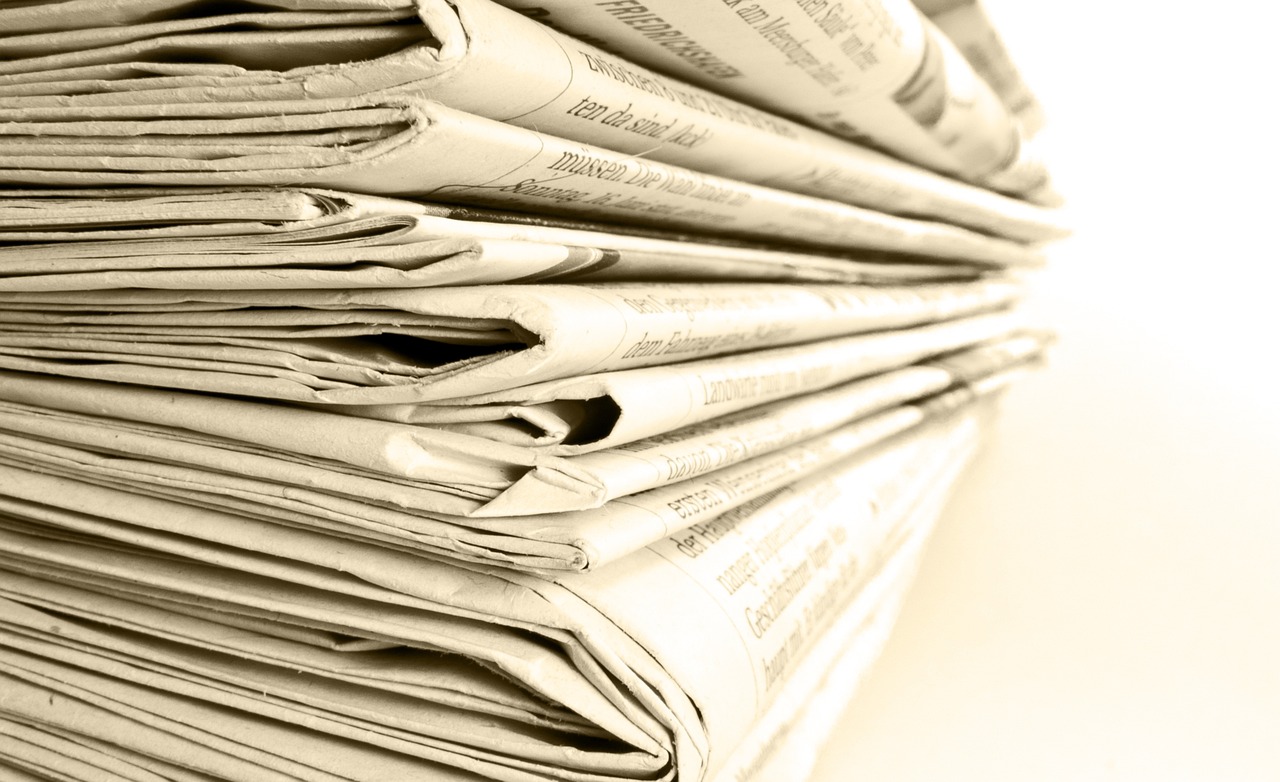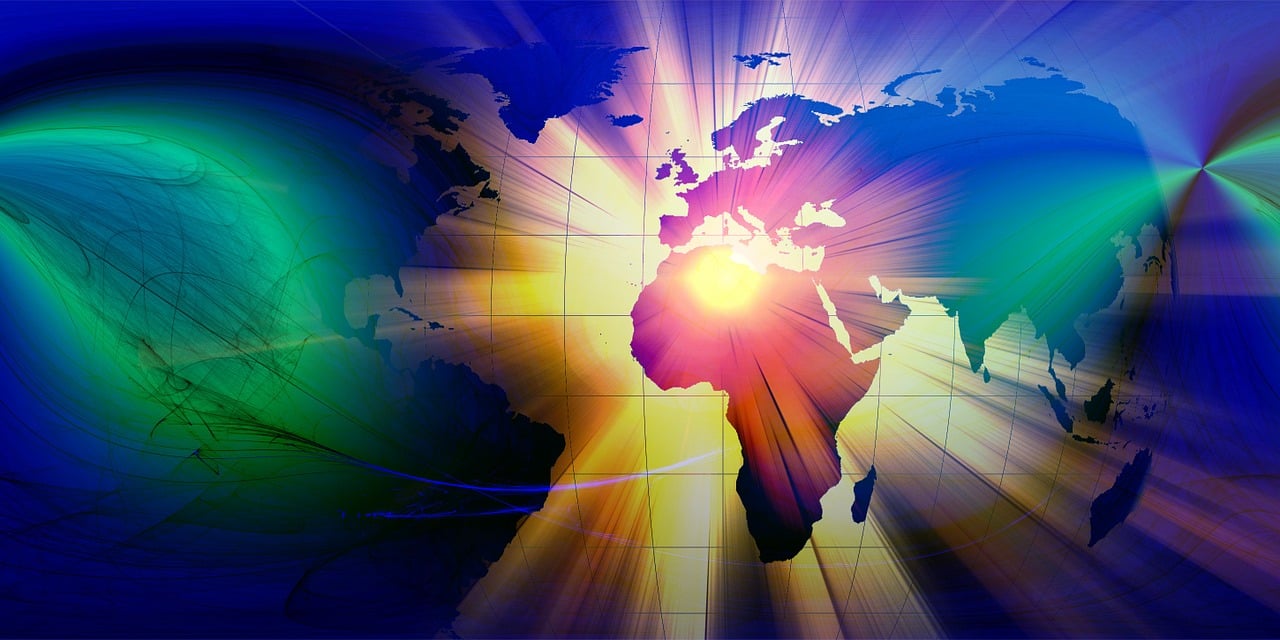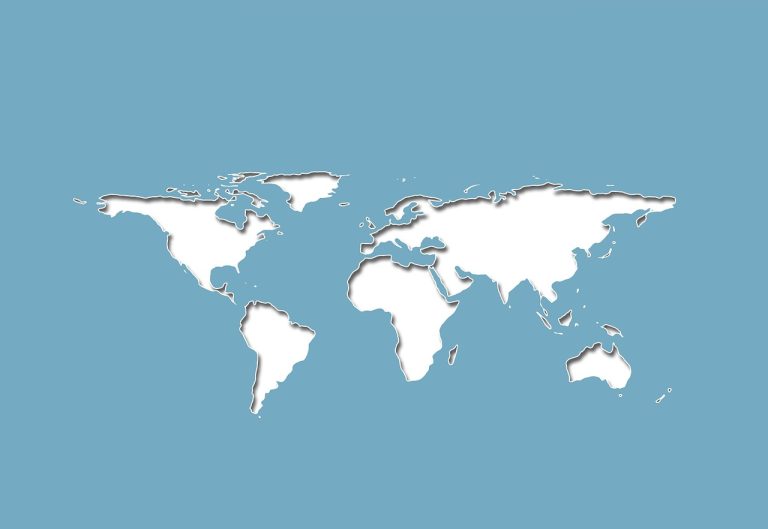
The Intersection of Health Policies and Politics: A Deep Dive into the Philippine Universal Healthcare Law
The Philippines’ journey towards universal healthcare has been both ambitious and challenging, reflecting the complex interplay of health policies and politics. The Universal Healthcare (UHC) Law, officially known as Republic Act No. 11223, was signed into law in February 2019. This landmark legislation aims to ensure equitable access to quality and affordable healthcare services for all Filipinos. Understanding this intersection of health policies and politics is crucial to appreciating the broader implications of the law and its impact on the country’s healthcare system.
Understanding the Universal Healthcare Law
The Universal Healthcare Law represents a significant paradigm shift in the Philippine healthcare system. It is designed to provide all citizens with access to a comprehensive set of healthcare services without financial hardship. At its core, the law seeks to address the inequities in healthcare access, which have long plagued the country.
Under the UHC Law, all Filipinos are automatically enrolled in the National Health Insurance Program, managed by PhilHealth. The law mandates a restructured healthcare delivery system, where healthcare providers are organized into networks for more efficient service delivery. This restructuring aims to improve healthcare accessibility, especially in rural and underserved areas.
The Political Landscape Surrounding the UHC Law
The passage of the UHC Law was a political milestone, achieved through years of advocacy and negotiation among various stakeholders. The political landscape surrounding the law involves a complex web of interests from different sectors, including government agencies, non-governmental organizations, and the private sector.

Advocates for the law emphasized the need for a robust healthcare system that can respond to the needs of the population, particularly the poor and marginalized. The political discourse was heavily influenced by the urgency to address healthcare disparities, which were further highlighted by the country’s experiences with health crises such as the dengue fever outbreaks and the ongoing challenges posed by the COVID-19 pandemic.
Challenges in Implementing the UHC Law
Despite its noble intentions, the implementation of the UHC Law faces several challenges. Achieving universal healthcare coverage involves overcoming significant logistical, financial, and administrative hurdles. One of the major challenges is the funding required to support the expanded healthcare services envisioned by the law.
Securing adequate funding necessitates a comprehensive overhaul of the country’s tax and budgetary systems, which involves intense political negotiations. The sustainability of funding is crucial to avoid the collapse of the program, a risk faced by many universal healthcare initiatives worldwide.
The Role of Local Governments
The decentralization of healthcare services is a key component of the UHC Law, empowering local government units (LGUs) to play a pivotal role in healthcare delivery. This decentralization aims to bring healthcare services closer to the people and ensure that local needs are met more effectively.
However, this approach also poses challenges, as LGUs vary in terms of resources and capacity. The success of the UHC Law largely depends on the ability of LGUs to efficiently manage and deliver healthcare services, necessitating capacity-building initiatives and support from the national government.
Impact on Healthcare Providers
The UHC Law has significant implications for healthcare providers, both in the public and private sectors. The law encourages the integration of healthcare services through networks, promoting collaboration among healthcare providers. This integration is expected to enhance service delivery, reduce redundancies, and improve patient outcomes.

For healthcare providers, adapting to these changes requires adjustments in operations and management. Training and capacity-building are essential to equip healthcare workers with the skills needed to operate within the new system. The law also emphasizes the importance of primary care, shifting the focus from disease treatment to prevention and health promotion.
The Future of Healthcare in the Philippines
The Universal Healthcare Law represents a transformative step towards achieving equitable healthcare for all Filipinos. Its successful implementation could serve as a model for other countries grappling with similar challenges. However, realizing the full potential of the UHC Law requires sustained political will, adequate funding, and effective collaboration among stakeholders.
Moving forward, continuous monitoring and evaluation are critical to identify gaps and areas for improvement. Engaging communities in the implementation process is also essential to ensure that healthcare services are responsive to the needs of the population.
As the Philippines navigates the complexities of healthcare reform, the intersection of health policies and politics will continue to shape the country’s healthcare landscape. The journey is fraught with challenges, but it also offers opportunities for innovation and progress in achieving health equity.
Takeaways
The Philippine Universal Healthcare Law is a landmark achievement that underscores the critical intersection of health policies and politics. While the path to universal healthcare is challenging, it is a necessary pursuit to ensure that all Filipinos have access to quality and affordable healthcare services. By addressing the political, financial, and logistical challenges, the Philippines can make significant strides towards achieving health equity and improving the overall well-being of its population.

The role of political will, effective governance, and community engagement cannot be overstated in this endeavor. As the country continues to implement and refine the UHC Law, it offers valuable lessons for other nations striving to fulfill the promise of universal healthcare. The ongoing dialogue between health policymakers and political leaders is essential to navigating this complex but ultimately rewarding journey.
Lessons from the Implementation of the UHC Law
The implementation of the Universal Healthcare Law in the Philippines provides several valuable lessons that are applicable not only within the country but also for global health governance. One key lesson is the importance of stakeholder engagement. Successful implementation of health policies requires the involvement of various stakeholders, including government agencies, healthcare providers, patients, and civil society organizations. This inclusive approach ensures that the perspectives and needs of all parties are considered, leading to more comprehensive and effective solutions.
Another critical lesson is the necessity of continuous policy adaptation and flexibility. The healthcare landscape is dynamic, and policies must evolve to address emerging challenges and opportunities. The Philippine experience highlights the importance of having mechanisms for regular review and adjustment of health policies to ensure they remain relevant and effective in achieving their objectives.
Innovations and Technology in Healthcare Delivery
Technology plays a pivotal role in enhancing healthcare delivery under the UHC Law. The integration of digital health solutions, such as telemedicine and electronic health records, is vital in improving access to healthcare services, especially in remote and underserved areas. These innovations facilitate better patient management, streamline administrative processes, and foster data-driven decision-making.

The use of technology also empowers patients by providing them with more control over their health information and enabling them to make informed decisions about their healthcare. Investing in digital infrastructure and ensuring equitable access to technology are crucial steps in leveraging these innovations to achieve the goals of the UHC Law.
Addressing Health Inequities
One of the primary objectives of the Universal Healthcare Law is to address health inequities that disproportionately affect disadvantaged populations. Efforts to achieve this goal include improving access to essential health services, reducing financial barriers to care, and prioritizing the health needs of vulnerable groups, such as women, children, and the elderly.
To effectively tackle health inequities, it is essential to adopt a multi-sectoral approach that addresses the social determinants of health, such as education, employment, and housing. By promoting policies that support social equity, the UHC Law can contribute to broader efforts to reduce disparities and improve the overall health and well-being of all Filipinos.
International Perspectives on Universal Healthcare
The Philippines’ experience with the UHC Law offers insights for other countries pursuing universal healthcare coverage. Many nations, particularly those in the developing world, face similar challenges in financing healthcare systems, ensuring equitable access, and integrating services. By examining the successes and challenges of the Philippine model, other countries can identify strategies that may be applicable to their contexts.
Moreover, international collaboration and knowledge-sharing are essential for advancing global health goals. Organizations such as the World Bank and the United Nations play a crucial role in supporting countries in their efforts to achieve universal healthcare, providing technical assistance, and facilitating partnerships across borders.
The Road Ahead: Ensuring Sustainability and Resilience

The journey towards universal healthcare is a long-term commitment that requires sustained effort and resources. Ensuring the sustainability and resilience of the UHC Law involves addressing several key areas. First, securing stable and adequate financing through innovative funding mechanisms is essential to support the expanded services and coverage envisioned by the law.
Second, building a robust healthcare workforce capable of delivering high-quality care is crucial. This involves investing in education and training programs to equip healthcare professionals with the necessary skills and knowledge to meet the demands of a changing healthcare environment.
Finally, fostering a culture of accountability and transparency within the healthcare system is vital to maintaining public trust and ensuring that resources are used effectively. Implementing robust monitoring and evaluation frameworks can help track progress, identify areas for improvement, and hold stakeholders accountable for their roles in achieving the goals of the UHC Law.
Takeaways
The intersection of health policies and politics plays a crucial role in shaping the future of healthcare in the Philippines. The Universal Healthcare Law, with its ambitious goals and comprehensive approach, represents a significant step forward in the country’s pursuit of health equity and improved healthcare outcomes. However, realizing the full potential of the UHC Law requires a collective effort from all stakeholders, including government, healthcare providers, communities, and international partners.
As the Philippines continues to implement and refine its healthcare policies, it offers valuable lessons and opportunities for innovation in the global pursuit of universal healthcare. The ongoing dialogue between health policymakers and political leaders is essential to navigating the complex challenges and opportunities that lie ahead. By working together, the Philippines can achieve a more equitable and resilient healthcare system that meets the needs of all its citizens.




